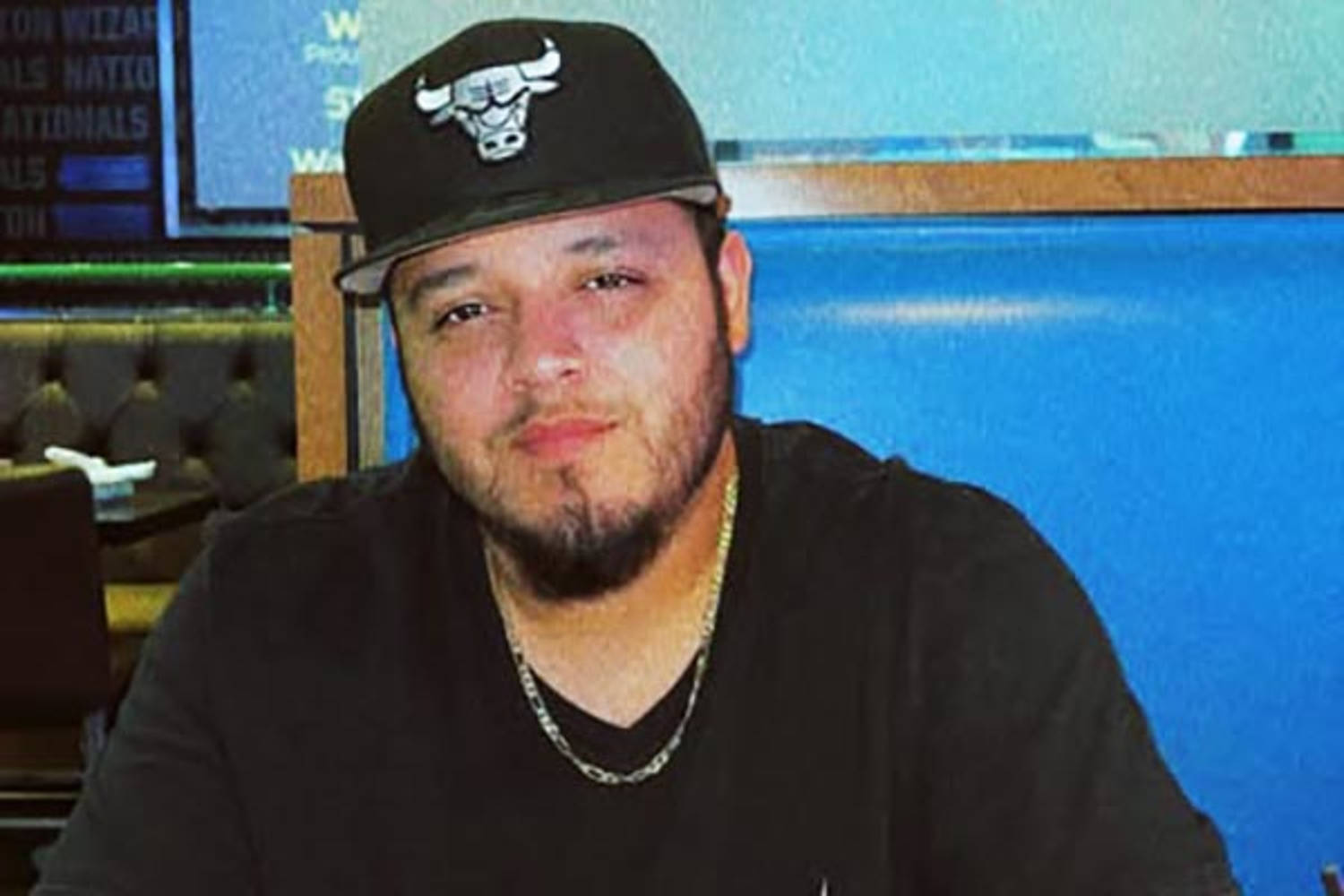
When the judge presiding over Kilmar Abrego Garcia’s case agreed last week to halt litigation proceedings temporarily, it raised the question of whether the Trump administration was actually working to bring back the man it illegally deported to El Salvador. On Wednesday, the judge rejected the government’s motion for further delay, leaving the case’s fate still unclear.
We don’t know why U.S. District Judge Paula Xinis agreed to the initial delay or declined to extend it. The litigation came in sealed motions. We do know that Xinis had agreed to pause discovery, which is the information gathering process during litigation. The information being sought here is details about the government’s efforts (or lack thereof) to facilitate Abrego Garcia’s release from El Salvador, as ordered by judges at all levels of the federal court system.
One reason Xinis’ initial pause raised the question of Abrego Garcia’s possible imminent return is that, prior to granting the delay, she had just excoriated the administration for failing to comply with discovery. Her initial stay order also said it was with the agreement of both sides. So while we don’t know what each side said in their sealed court papers, one might wonder why Abrego Garcia’s lawyers would agree to any delay without meaningful concession, or why Xinis would sign off on it.
So what happens now?
Xinis also set a new schedule on Wednesday for the discovery process. The government needs to answer all outstanding questions from Abrego Garcia’s lawyers by Monday, and depositions of certain government officials need to happen by next Friday, May 9. What we’ll hear next about the case could depend partly on the government’s compliance with the discovery process going forward and whether Abrego Garcia’s lawyers raise any new issues to the judge that result in further litigation.
As I wrote previously, a more forceful order from the Supreme Court last month could have helped resolve the case by this point. But in any event, President Donald Trump could seemingly end this needless fight with a phone call to Salvadoran President Nayib Bukele, with whom he has a good relationship by all appearances. Indeed, Trump said in a recent interview that he “could” do so.
Subscribe to the Deadline: Legal Newsletter for expert analysis on the top legal stories of the week, including updates from the Supreme Court and developments in the Trump administration’s legal cases.
